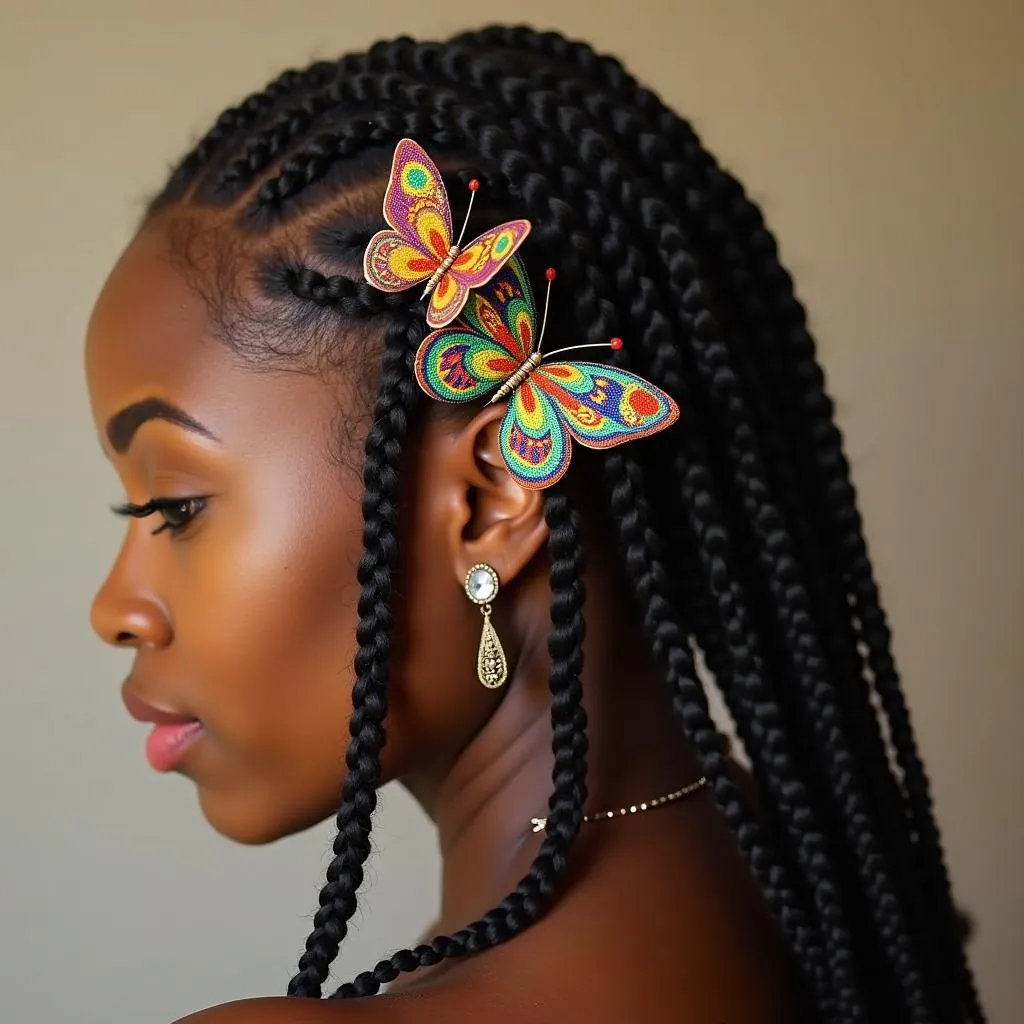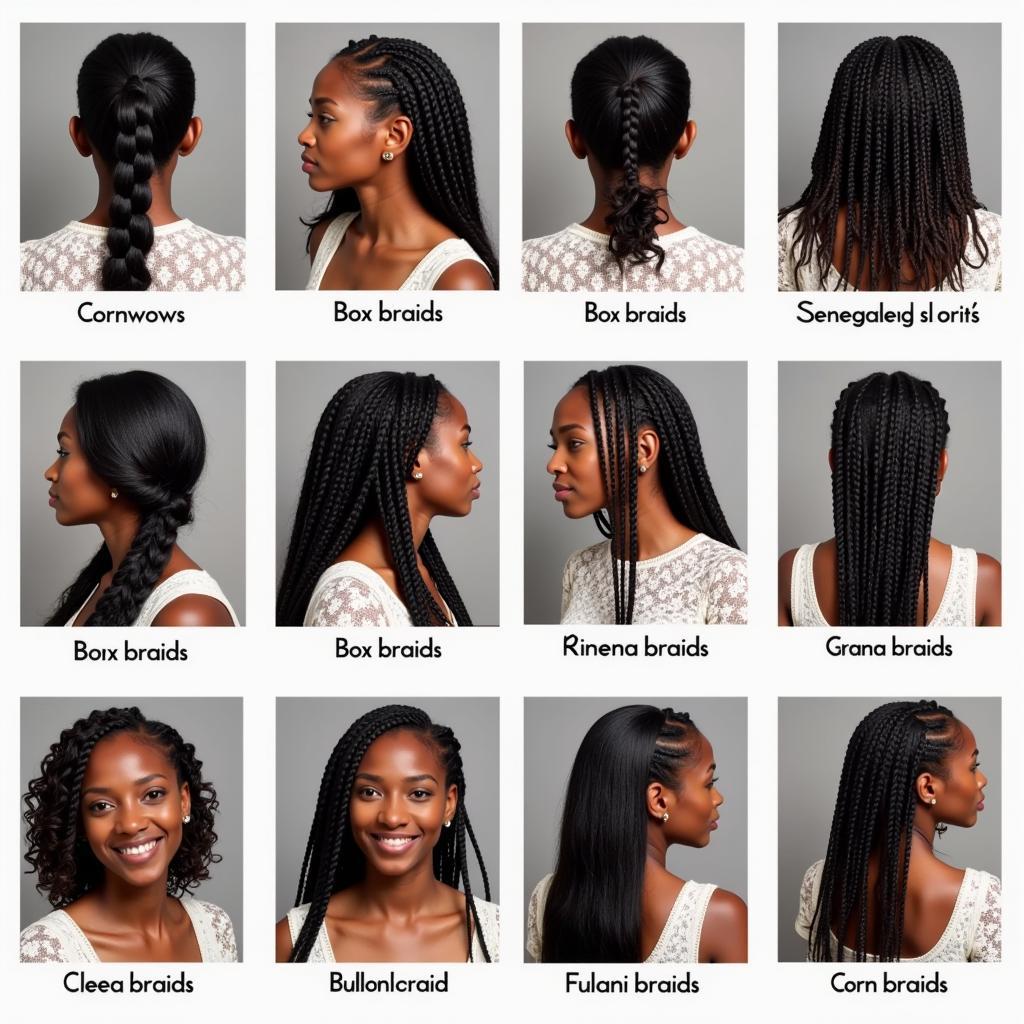Acne Treatment for African American Skin: A Dermatologist’s Guide
Acne is a common skin condition affecting people of all races, but African American skin has unique characteristics that require specialized acne treatment. This guide will delve into the specific considerations for acne treatment for African American skin, offering insights from dermatology and practical tips for managing breakouts.
Understanding Acne in African American Skin
African American skin is prone to developing post-inflammatory hyperpigmentation (PIH), which are dark spots or discoloration that can occur after acne lesions heal. This makes treating acne effectively even more critical to prevent long-term cosmetic concerns. Keloids, raised scars that grow beyond the original wound boundary, are also more common in individuals with darker skin tones. Therefore, early and appropriate intervention is crucial to minimize scarring.
Why See a Dermatologist?
A dermatologist can accurately diagnose the type and severity of your acne, taking into consideration your skin type and the potential for PIH and keloid scarring. They can also recommend personalized treatment plans and provide expert guidance on how to care for your skin. Finding an African American dermatologist can be beneficial as they often have extensive experience treating skin of color. For those in Atlanta, an African American dermatologist Atlanta can be easily located online.
Effective Acne Treatments for African American Skin
Several treatment options are available, ranging from topical creams and gels to oral medications. A dermatologist can help determine the best course of action based on your individual needs.
- Topical Retinoids: These are vitamin A derivatives that help to unclog pores and reduce inflammation. They are a cornerstone of acne treatment for all skin types, including African American skin.
- Benzoyl Peroxide: This antibacterial agent kills acne-causing bacteria and helps to prevent new breakouts. It can be drying, so start with a low concentration and gradually increase as tolerated.
- Topical Antibiotics: These help to control inflammation and reduce the number of acne-causing bacteria on the skin. They are often used in combination with benzoyl peroxide or retinoids.
- Oral Antibiotics: For moderate to severe acne, oral antibiotics can help to reduce inflammation and control breakouts.
- Chemical Peels: These can help to exfoliate the skin, unclog pores, and fade PIH. Superficial peels are often recommended for African American skin to minimize the risk of further discoloration.
Building a Skincare Routine
A consistent skincare routine is essential for managing acne in African American skin. This should include gentle cleansing, moisturizing, and sun protection. For those looking for a specialist, finding an African American dermatologist in MD is a great place to start.
- Cleansing: Use a mild, non-comedogenic cleanser twice daily to remove dirt, oil, and makeup without stripping the skin’s natural oils.
- Moisturizing: Even oily skin needs hydration. Choose a lightweight, oil-free moisturizer to keep the skin balanced.
- Sun Protection: Sun exposure can worsen PIH. Use a broad-spectrum sunscreen with an SPF of 30 or higher daily, even on cloudy days.
Preventing Acne Scars and Hyperpigmentation
Early intervention and consistent treatment are key to preventing acne scars and PIH. Avoid picking or squeezing pimples, as this can increase inflammation and the risk of scarring. For families in Nashville, an African American dermatologist Nashville TN can offer specialized pediatric care. If you’re specifically searching for a children’s skin expert, an African American pediatric dermatologist near me search can help you locate a qualified professional in your area.
Conclusion
Acne treatment for African American skin requires a tailored approach that considers the unique characteristics of this skin type. By working with a dermatologist and following a consistent skincare routine, you can effectively manage breakouts and minimize the risk of long-term complications like PIH and scarring. Remember, finding the right treatment plan is a journey, and a knowledgeable dermatologist can guide you every step of the way.
FAQ
- What causes acne in African American skin? The same factors that cause acne in other skin types – excess oil production, clogged pores, and bacteria – also affect African American skin.
- Is acne more common in African American skin? Acne affects all races, but African American skin is more prone to PIH and keloid scarring.
- How can I find an African American dermatologist near me? Online directories and resources can help you find a dermatologist specializing in skin of color. You can also ask for referrals from your primary care physician.
- What are the best over-the-counter products for African American skin with acne? Look for non-comedogenic products containing ingredients like benzoyl peroxide, salicylic acid, and retinoids.
- How can I prevent acne scars? Avoid picking or squeezing pimples and seek treatment early on. Consistent skincare and sun protection are also essential.
- What can I do about PIH? A dermatologist can recommend treatments like chemical peels, topical retinoids, and hydroquinone to fade dark spots.
- How long does it take to see results from acne treatment? It can take several weeks or even months to see significant improvement. Be patient and consistent with your treatment plan.
Common Scenarios and Questions:
-
Scenario: A teenager with moderate acne and early signs of PIH. Question: What are the best treatment options to prevent further discoloration?
-
Scenario: An adult with occasional breakouts and concerns about keloid scarring. Question: How can I minimize the risk of scarring and maintain clear skin?
Further Reading and Resources:
You might find these additional articles helpful: African American dermatologist
Need Support?
For further assistance, contact us:
Phone: +255768904061
Email: kaka.mag@gmail.com
Address: Mbarali DC Mawindi, Kangaga, Tanzania
Our customer service team is available 24/7.



